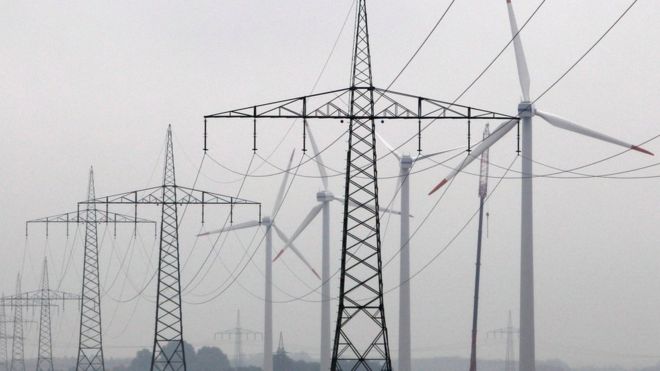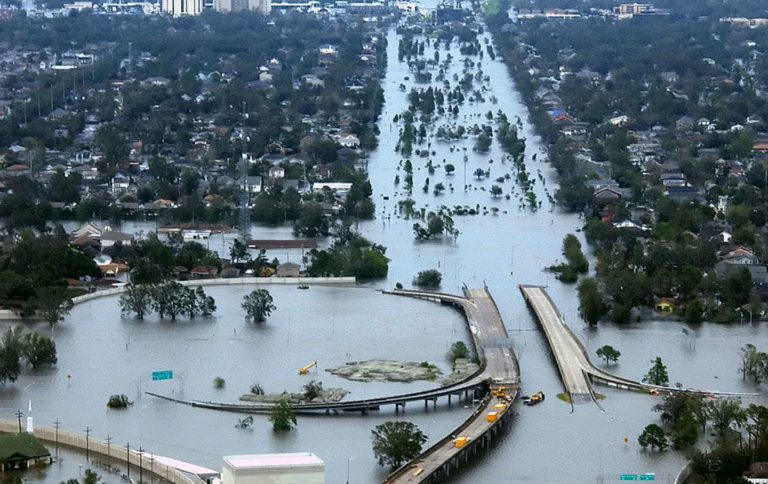 For most of my life I have watched our natural environment being destroyed with little to nothing of substance being done to halt that destruction. Since I first became aware and sensitive to the negative direction we (humanity) were headed, I have asked myself the same questions again and again. Why isn’t anyone trying to stop this insanity? Do people not realize where this is going? It has been approximately 40 years since the first real wave of environmentally conscious proponents started to voice their concerns. For the first time, issues such as diminishing bio-diversity, pollution of the biosphere, the over-use of global resources, and an exploding population were being discussed by small but educated groups. These efforts brought to light the concerns we are all now facing with ominous anticipation, and it seems that this message is just starting to seep through into the greater population. The reason for this is simple: Economics.
For most of my life I have watched our natural environment being destroyed with little to nothing of substance being done to halt that destruction. Since I first became aware and sensitive to the negative direction we (humanity) were headed, I have asked myself the same questions again and again. Why isn’t anyone trying to stop this insanity? Do people not realize where this is going? It has been approximately 40 years since the first real wave of environmentally conscious proponents started to voice their concerns. For the first time, issues such as diminishing bio-diversity, pollution of the biosphere, the over-use of global resources, and an exploding population were being discussed by small but educated groups. These efforts brought to light the concerns we are all now facing with ominous anticipation, and it seems that this message is just starting to seep through into the greater population. The reason for this is simple: Economics.
Energy prices are up. Food costs are soaring. The world economy is sitting on the edge of a financial abyss as commodity prices increase steadily, a direct result of diminishing resources and accelerating demand. These basic principles that guide market pricing are now setting the stage for an unprecedented collapse of regional economies and an end to our shared global dream of endless prosperity. It turns out; we will not be able to afford that prosperous future if we continue along this path. As a colleague of mine said, “Anyone who thinks you can have continuous quarterly growth of production forever in a world of finite resources is either a lunatic or an economist”. Yet, this has become the guiding principle of corporate capitalist philosophy in a religion based on ROI (Return On Investment) and never disappointing the investor. We have cleverly cornered ourselves into this untenable position by following an economic doctrine that leaves little or no room to allow for the far reaching adjustments required to counter these destructive trends.


For the consumer, home-owner, and business person there are hard choices. Do I do what is right for the planet and pay a huge premium, or do I make my money go further and ignore the costs to the environment? For corporations the choices become central to their ability to survive. There is a constant struggle to create a positive public persona based on being socially responsible, balanced by the unrelenting pressure to create ever-expanding profits. For that reason, corporations will spend millions of dollars to build a green image, when in actuality they are doing next to nothing to confront their fundamental issues of operating in a completely unsustainable manner. They use the very word “Sustainable” as a way to twist public opinion and perspective of their companies in a way that is completely opposite to the reality of how they conduct their operations. The results are clear. Nothing gets done till it makes financial sense to do it.


These challenges, on a global scale, are somewhat unique to this time in history. It still amazes me that in the United States, I continuously see economists evaluating our current economic turmoil and then offering solutions by drawing comparisons to what was done to counter recessions after WW2. This was an era when the U.S. was the lone remaining global industrial power and controlled more than half the world’s output. Others site how President Reagan handled getting out of an economic downturn in the 1980’s with “Reaganomics”. They demonstrate little understanding how that prosperity was driven by unsustainable over production as a result of cheap fuel prices (a lesson the Chinese will soon learn in regards to cheap labor). It never seems to occur to them that the fundamental issues which frame our current situation are based on the excessive over-borrowing we have leveraged against expected future production. In this way, we have created a strategy that enslaves our corporations to the concept of having to continuously create larger profits in order to justify and pay for those loans, and to satisfy the unrealistic expectations of the investment world. This becomes a huge issue when future prospects appear to suggest that affordable global production in the next few decades will no longer being able to keep up with increasing demand.


To change directions our fixation on ROI must be now be balanced out by a new economic imperative I refer to as LES, or (Long-term Economic Sustainability) if we are to prosper. In order to establish this new more efficient economy there needs to be a clear focus on the specific kinds of industries we support. Efforts have to be enacted that advance the development of infrastructure and the redefining of consumer trends. These strategies must be geared towards that which can be harvested or produced sustainably while reducing operational costs. In addition, we must also support the technologies that help improve industry and agriculture by reuse, recycling, and maximizing efficiency based on sustainable balance. This is necessary to avoid adversely impacting our remaining natural resources. The key is funding this effort. You have to attract investment capital, and as I alluded to earlier, that will not happen until it is sufficiently profitable.


An option that directly addresses this issue is ISD (Integrated Sustainable Design), which bundles sustainable technologies together in an effort to increase production efficiencies and create larger profits faster. With this strategy you take a comprehensive approach to evaluating the total needs of that business, community, region etc…by designing a solution that looks at sustainability as a complete system. You are essentially linking more profitable applications to those less profitable efforts that need to be established for local populations to regain their sustainable balance. The idea from a business perspective is to create a platform attractive to investors by substantially reducing the ROI on these projects.


The hallmarks of our new economy must be based on a much higher and integrated, cooperative approach to global resource management and technology development. Education and regional empowerment must no longer be considered advantages for those who can afford them, or socio-economic bargaining chips with which we hold countries hostage. A core consideration when measuring profitability must forever be the societal costs and/or advantages that result from those business decisions. This is going to be a hard sell to died-in-the-wool capitalists who view business as a competitive battle field, see short term economic profitability as their only real goal, and consider the concept of people, cultures, and governments working together to improve the world as naïve idealism. Unless we can make it profitable for them in the short run, there will not be a long run for our children.






